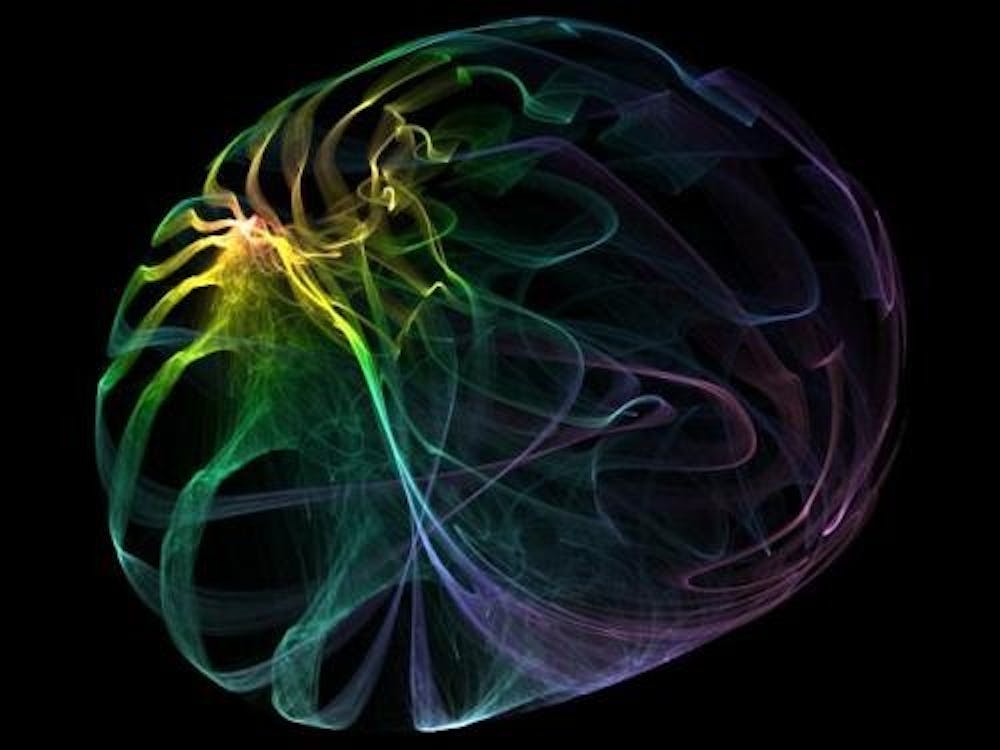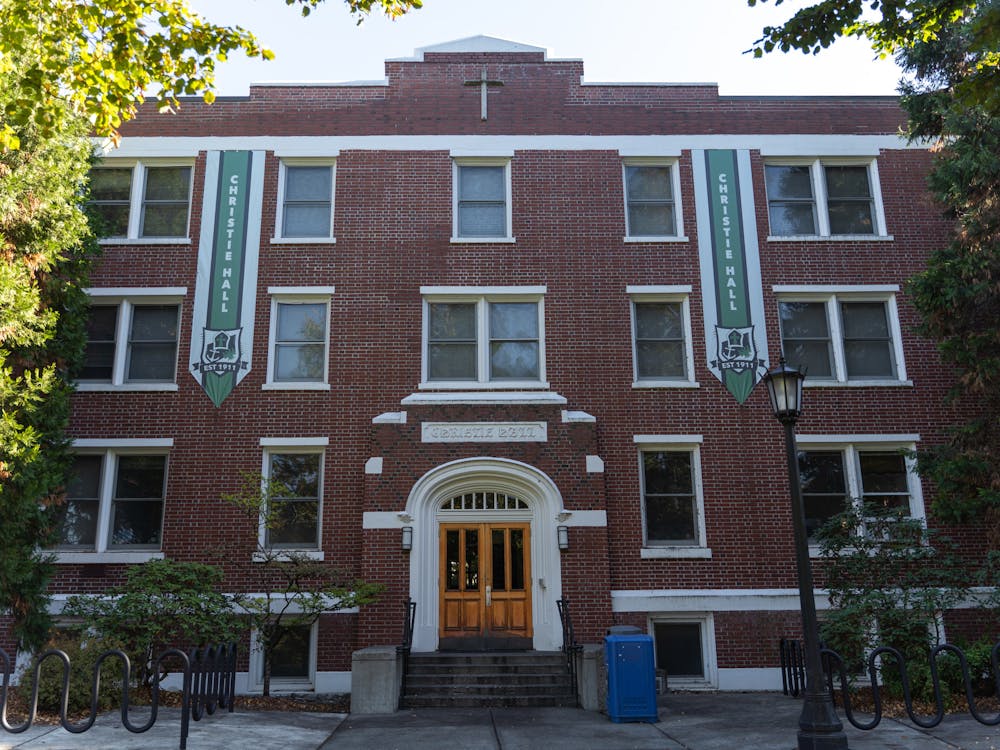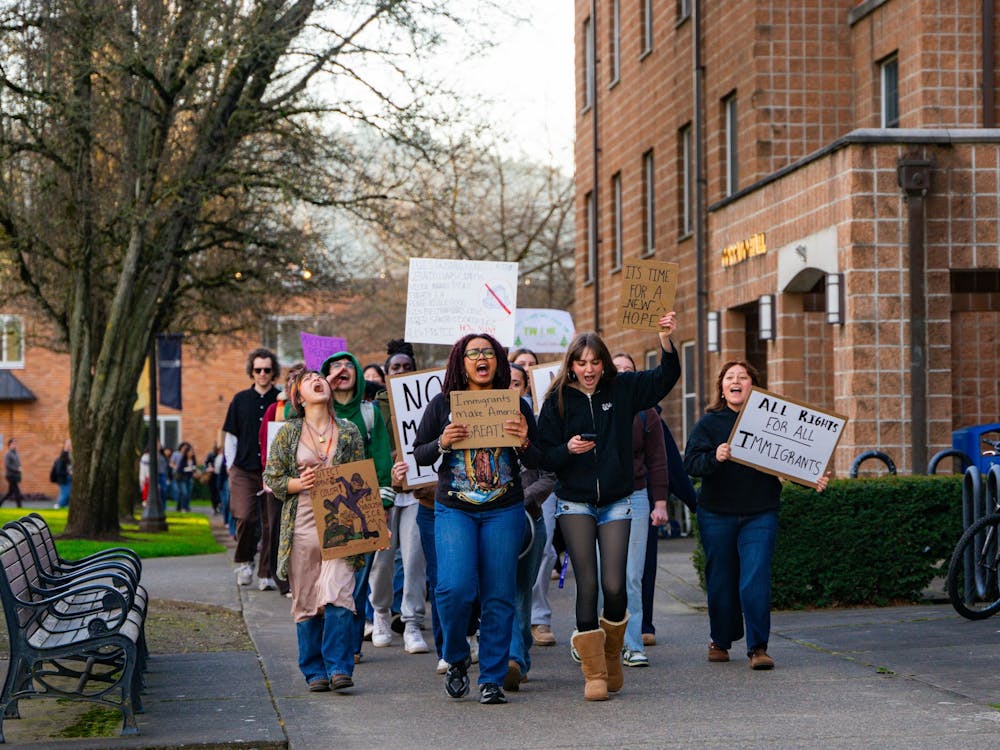New UP program reveals the inner workings of the brain to professional communities
(www.everystockphoto.com)
By Gao Na Yang, Staff Writer -- yang11@up.edu
Much about the brain remains a mystery, but further scientific research is revealing more about how the brain works and how those complex inner workings affect how people learn.
A new program at UP aims to bring this kind of knowledge to professional communities: teachers, nurses, therapists, advertisers and anyone else interested in making messages resonate.
This fall, the School of Education collaborated with Oregon Health Services University researchers and faculty to bring the first post-Masters Neuroeducator Certificate Program in the Pacific Northwest.
"This program is designed to translate neuroscience, which means that we actively engage with the neuroscientists in the community to understand the science and then we, as professional educators, take that knowledge and turn it into effective learning practices," Ellyn Arwood, School of Education professor, said.
The program, which currently has nine students, encompasses four courses and an optional independent research project.
Although the program is in the School of Education, students who complete the four courses receive a certificate, not a license to teach.
Karen Eifler, an associate professor of education, is teaching a course this semester on memory and learning to firm up students' foundation for future courses in which they will be literally handling brains and studying brain scans.
"I really hope that people will change practices that are not brain friendly, practices that don't work when they're presenting information whether they're teachers, advertisers or anybody in charge of people," Eifler said.
One goal of the new program is to drive into the biological aspects of learning.
"This is where the neuroscience piece comes in because we continue to learn more about the biology and physiology of the brain and that information needs to be translated into educational practice," Thomas Greene, associate provost and graduate school dean said.
The development of this program was a team effort between UP and OHSU faculty members.
"This program is the brainchild of Dr. Arwood," Eifler said.
"She is UP's resident expert in anything related to the brain. She really poured her heart and soul into developing this program."
Arwood has been studying brain research in education for over 30 years.
"Educators in all disciplines must know how their students learn in order to develop effective teaching programs," Arwood said.
UP alumnus Mike Merzenich was among influential faculty who showed his support. His work has earned him national recognition for research on brain plasticity.
As the first post-Masters Neuroeducator Certificate Program in Oregon, its implication for the University and the School of Education is tremendous, according to Eifler.
"This program represents the mission of the University, where understanding how to translate the neuroscience into fundamentals of learning and teaching better serve not only the formation of the individual, but the development of the community," Arwood said.
Eifler agreed.
"It has put us on the map as offering absolute cutting edge, professional development for practicing teachers because we're doing something that no one else in the state is doing," Eifler said.
She hopes that this program will help educators understand why some teaching strategies are more effective than others.
Understanding the brain can change the way educational practices occur, according to Greene.
"This isn't a certificate that puts a period on your understanding," Greene said. "It's an opportunity to help you develop more questions about this kind of information."








